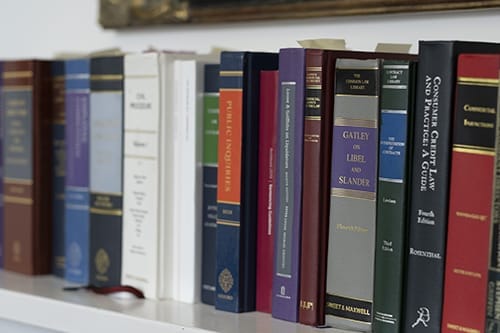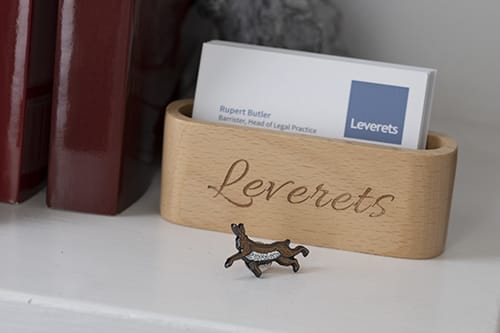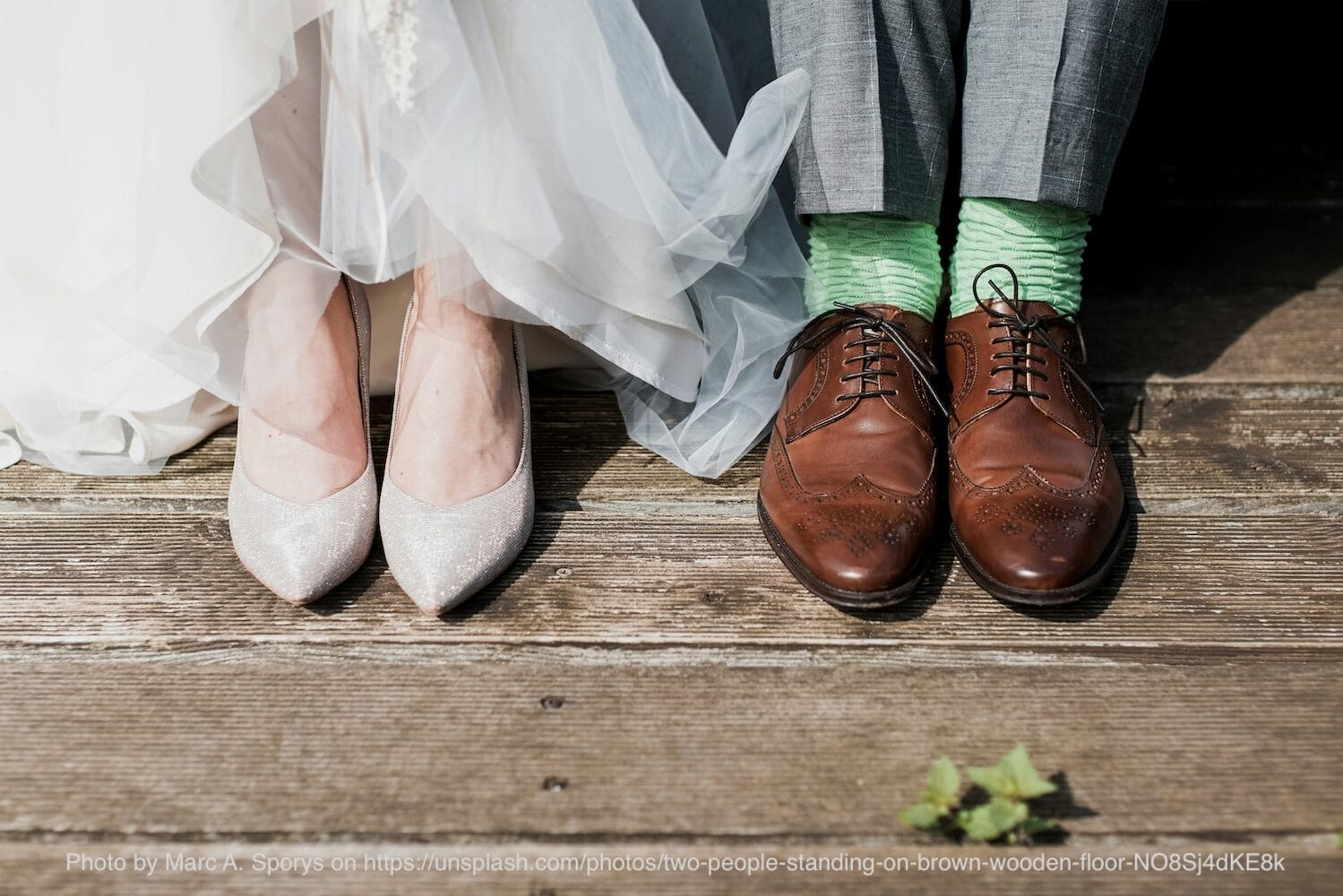A fine line
Public inquiries often walk a fine line between transparency and respecting individuals’ rights.
This was evident last week in the use of call transcripts during the Post Office Inquiry.
Jason Beer KC reads out the transcript of the call between Kemi Badenoch and Henry Staunton at the time Staunton was dismissed as Chair of the Post Office. Badenoch claims that both her and Staunton were unaware that the call was being recorded.
Is it right?
In the UK, it is legal to record phone calls for personal use, but is it right? Furthermore, was it right for this call to be used during inquiry proceedings?
There are a few issues at play here.
Four questions:
- Was the content of the call transcripts relevant to the Inquiry and/does its publication serve the public interest? If so, then there is certainly justification for making it public
- Was the conversation private and did both parties consent to its disclosure? There is some question over consent in this instance, but it could be argued that this is still within the wide evidence gathering powers of the inquiry team.
- Does the content include sensitive matters unrelated to the scandal? This would be a tough one for Badenoch and Staunton to argue due to their job descriptions at the time and the nature of the topics under discussion.
Finally…
- Was it “Right?
What do you think?
Based on the questions above? We would argue yes it was.







